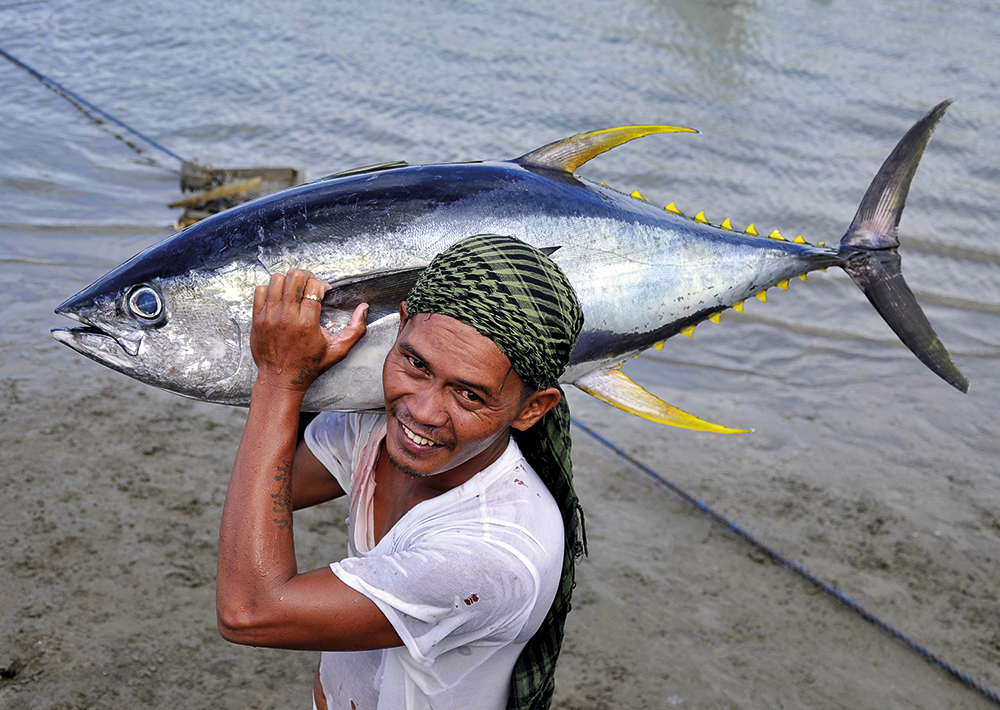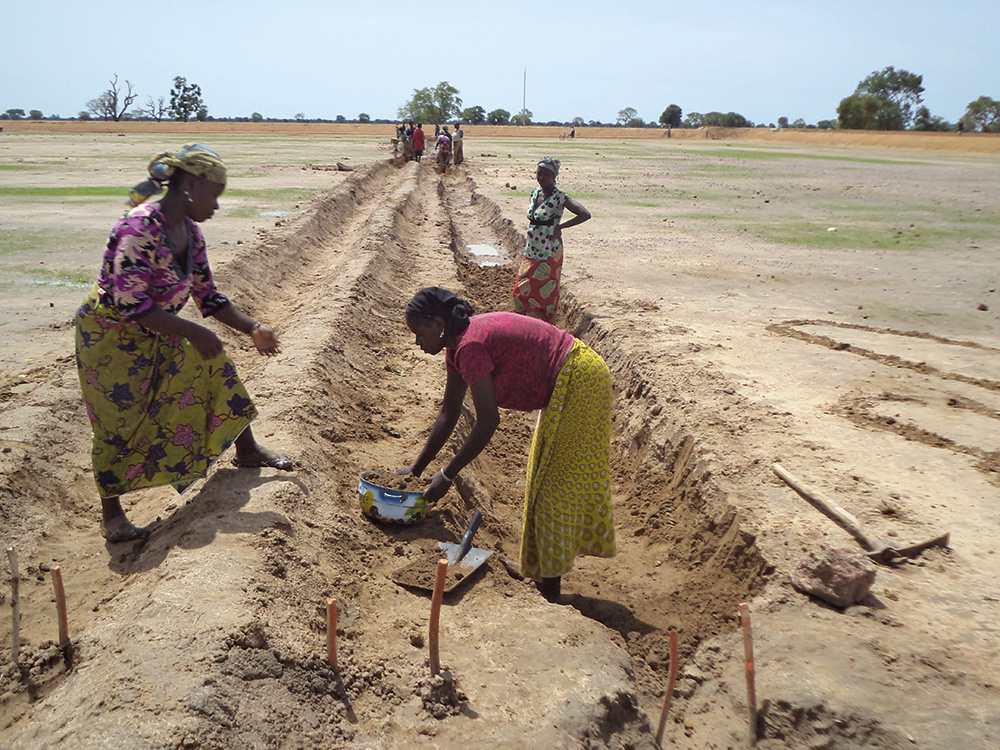DLG-Verlag was founded in 1952 as a subsidiary of DLG e.V. (Deutsche Landwirtschafts-Gesellschaft - German Agricultural Society) with its headquarter in Frankfurt/ Germany. The publishing company provides expertise for the agricultural and food sector.
With its subsidiaries Max-Eyth-Verlag and DLG-Agrofood Medien GmbH the DLG-Verlag offers books and magazines, as well as catalogs of the DLG's international DLG exhibitions.
Members:
Resources
Displaying 66 - 70 of 316"We have inherited not only a piece of land, but also the responsibility to turn it into a home"
A focus edition on family farming would hardly be credible without giving the family farmers themselves an opportunity to speak. We talked to Moses Munyi, the owner of a six-hectare farm in Embu, Kenya, about his everyday life and about his views of the prospects for farming in the future.
Integrated Watershed Management – an approach with a number of stumbling-blocks
Integrated Watershed Management represents an option for the management of water catchment areas. However, what may sound good in theory often proves to be very difficult when it comes to practical implementation, as an example from the Lower Mekong Region shows.
Strenghthening family farms in Mercosur
For a long time, the agricultural policies of the Mercosur states ignored family farming, focusing on promoting individual crops and export production instead. Rural development was not on the agenda. Only after the turn of the millennium did a process of rethinking set in.
Tangible sustainability
Family farms are often associated with greater sustainability. But the definition of sustainability is a highly disputable topic. The School of Agricultural, Forest and Food Sciences (HAFL) in Switzerland has developed a method enabling a more objective evaluation of sustainability in agriculture. Response-Inducing Sustainability Evaluation (RISE) covers ten sustainability indicators and supplies the foundation for agricultural advice.
Boosting commercial sorghum production and marketing with the "aggregator model"
How can the private sector contribute to the fight against hunger, poverty and malnutrition in the remote areas of sub-Saharan Africa? This article looks at a model that has been applied in Kenya and Tanzania, addressing the right tools, skills and knowledge to make smallholder production a success.






